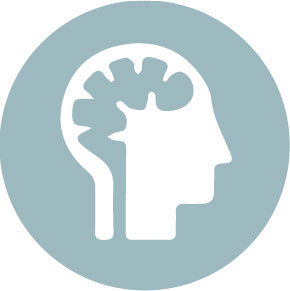- NEUROLOGICAL INFLAMMATION

 NEUROINFLAMMATION SYNDROME
NEUROINFLAMMATION SYNDROME
ADD, ADHD, Depression, some forms of Insomnia, Migraines, Tension Headaches, Vertigo, Tinnitus, TMJ (Temporomandibular Joint), Facial Pain, Chronic Traumatic Encephalopathy (CTE), these are a few conditions that have chronic neurological inflammation at the core. Your brain and neurological system have a unique physiology. Specifically, the neurological system inside the skull should not have T immune cells. In cases of chronic neurological inflammation T-cells have migrated into the brain. These T-cells operating in the wrong tissue cause chronic inflammation and neurological cell damage.
Our Therapies are effective at reducing inflammation, normalizing the immune system and healing the damage neurological cells. We understand that no two cases of this type of Central Sensitivity Syndrome (Neuroinflammation Syndrome) are the same. In our experience, effective treatments must address deficits in multiple systems especially the deficits in the microcirculation system.
Each patient with this condition has a different mosaic of body systems affected; however, the most common system dysfunctions are:
- immune system (infections and cytokines dysregualtion),
- Endocrine system (Hormonal imbalance, poor response to stress),
- Metabolic system (reduced mitochrondrial function) and
- Circulatory system (systemic reduced microcirculation)
Most of our neuro-inflammatory patients have significant symptom relief in the first few weeks. They also report an energy increase and more mental clarity in the first month. These results are due to our personalized approach to treating disease, which has proven especially effective for resolving these chronic conditions.
These neuro-inflammatory conditions come under the medical heading of chronic unexplained pain. By definition, most of our patients have spent years asking the medical community to take their pain seriously. At the Bay Area Center for Nutrient Therapy, we take each patients report of any pain seriously. We have seen enough to know that this central pain sensitivity affects our patient’s quality of life and need to be treated.
